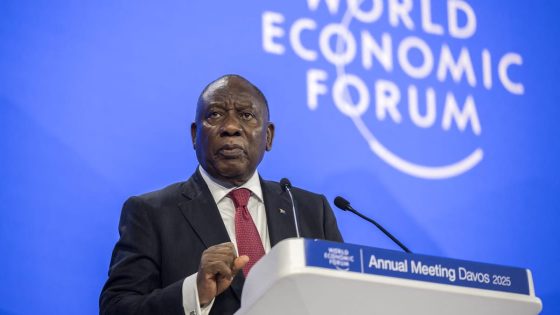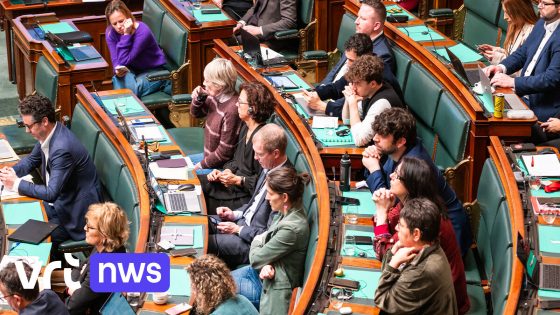Former Spanish President José Luis Rodríguez Zapatero is positioning himself as the “peacemaker” of Catalonia. As he works under Prime Minister Pedro Sánchez, Zapatero aims to strengthen ties between the Spanish government and the Catalan party Junts. But what does this mean for Catalonia’s national identity and its future within Spain?
- Zapatero acts as a "peacemaker" in Catalonia.
- Emphasis on recognizing Catalonia's national identity.
- Historical context of Catalonia's national status.
- Questions on autonomy and self-governance arise.
- Salvador Illa's government prioritizes responses to Trump.
- Irene Montero emerges as a key political figure.
Zapatero’s Role in Catalonia: A Push for National Identity Recognition
Zapatero’s recent statements highlight the ongoing debate about Catalonia’s identity. Can a region with a distinct culture and language coexist within a broader national framework? His call for recognizing Catalonia’s national identity raises questions about autonomy and governance.
Key Issues Surrounding Catalonia’s National Identity and Autonomy
The dialogue around Catalonia’s identity is not new, but it is gaining renewed attention. As Zapatero emphasizes recognition, several key issues arise:
- The right to manage immigration and integration policies.
- Control over regional transport and infrastructure, like railways and airports.
- The ability to legislate on social issues, including minimum wage and housing.
- The need for a distinct fiscal policy that reflects Catalonia’s unique economic situation.
Historical Context: Catalonia’s Identity and Autonomy Journey
The quest for Catalonia’s recognition as a nation has deep historical roots. Discussions date back to the 2006 Statute debate, where the term “nation” was initially included but later downplayed. This history influences current political dynamics and the push for greater autonomy.
Current Political Climate: What Lies Ahead for Catalonia?
As Zapatero navigates these complex waters, the future of Catalonia remains uncertain. Will his efforts lead to meaningful changes in governance? The outcome could redefine the relationship between Catalonia and Spain, impacting broader European politics.
Implications for the U.S. and Global Observers
The situation in Catalonia serves as a case study for other nations grappling with regional identities. As the U.S. watches, the balance between national unity and regional autonomy remains a critical issue worldwide.































